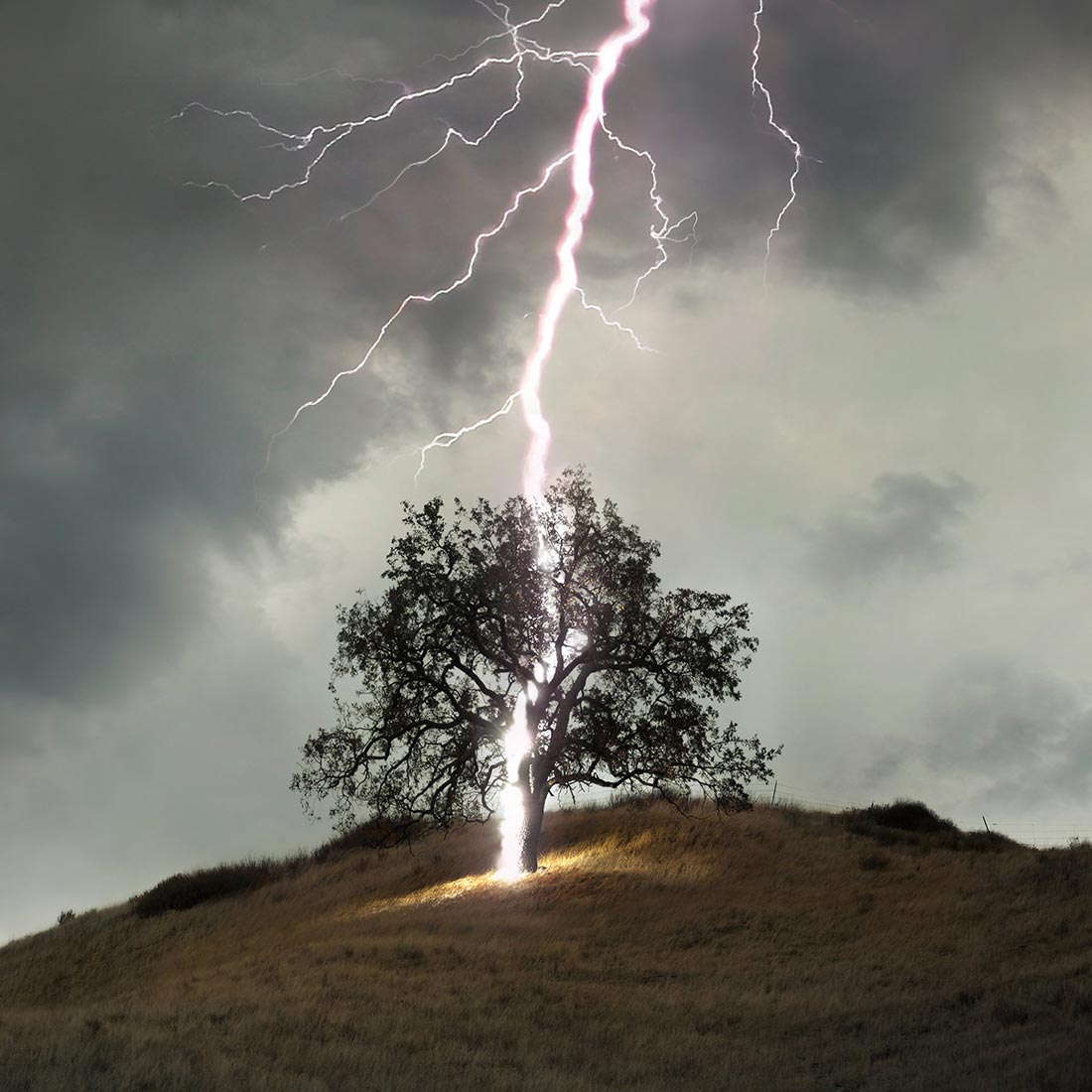

One of the reasons we struggle so much with understanding tragedy is that we
struggle with understanding the meaning and the purpose of life as God has
defined them. This is not unusual or unexpected. It is not possible for us to
fully understand God or his purposes for us in this life. He is altogether
awesome and unfathomable. But we can know him in part. We often like to think of
ourselves as experts on life, because we experience it first hand, we are living
it. But God defines and prioritizes life much differently than we do.
Amos 4:6-8, God is speaking, and he says:
6 "I gave you empty stomachs in every city and lack of bread in every
town, yet you have not returned to me," declares the LORD.
7 "I also
withheld rain from you when the harvest was still three months away. I sent rain
on one town, but withheld it from another. One field had rain; another had none
and dried up. 8 People staggered from town to town for water but did
not get enough to drink, yet you have not returned to me," declares the LORD.
God says: I gave you empty stomachs; I gave you lack of bread; I withheld the
rain so your crops wouldn’t grow; I withheld the rain so that there wasn’t even
any water for you to drink. People staggered around thirsting to death and
wasting away from starvation because of what I have done.
We don’t like to think of life in this manner but God is saying that the tragic
circumstances of these lives are his doing; it is all a part of his plan for his
purposes.
As we read this passage, maybe in your minds the questions begin to arise: Why
does a God of love bring famine and drought into the land, especially to His own
people?
Such a passage jolts our understanding of life. A loving God is supposed to meet
all of our needs. Here in Amos though, the prophet expresses the result of a
people refusing to chase after God. Famine and drought has fallen upon them and
God takes the credit for it. While God brought the tragedy, the reason he
brought it was in response to sin and rebellion against him.
We might be tempted to categorize the events of this passage as judgment because
of the disobedience and betrayal of his people, but I primarily see mercy here.
Amos gives us a glimpse into the heart of God. Personal tragedy has befallen the
people of God as an act of mercy to snap them out of their disobedience and turn
the course of their lives around. He is desperately trying to get the attention
of a people who are running full speed in the wrong direction towards ultimate
destruction.
Maybe you don’t see the mercy here because people are dying, some have lost
their lives here, where is the mercy in that?
If nothing else one thing should be obvious from reading this passage:
Clearly God thinks about life much differently than you and I do.
If I am correct in asserting that this passage is primarily about mercy, then we
should recognize that it divulges the priorities that God places on life: Life
itself is less important than knowing and obeying God.
That’s an emphasis that he places on life.
We tend to not grasp that understanding of life though. We view life from more
of a temporal perspective than God does. We tend to think that life itself is
more important than any other aspect of life, but God looks at life, he defines
life much differently than we do.
Takeaways:
Clearly God thinks about life much differently than you and I do. From his
perspective: Life itself is less important than knowing and obeying him.
The scriptures are clear that God values life highly, and holds us accountable
for the lives of our fellow sojourners.
The scriptures clearly define God’s view of our activities in life regarding how
you and I are expected to respond to tragedies we face in life!
The Scriptures also define for us the priorities that God places on life itself
and other character aspects of this life!
Join us Sunday mornings at 10:00 AM.